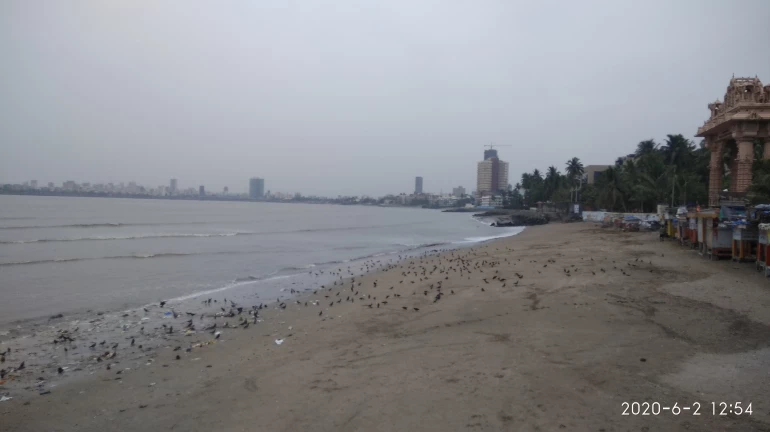
The India Meteorological Department (IMD) keeps detailed records of tropical cyclones and weather events in the North Indian Ocean since 1891. The collection is compiled in the Cyclone E-Atlas. Needless to say, some updates have been made since Cyclone Tauktae made landfall across the coast of Maharashtra a few days ago.
Researchers at Pune’s Indian Institute of Tropical Meteorology (IITM) have been going through older cyclone landfall data in Maharashtra and its west coast dating all the way back to 1891. The analysis of the data has found that Tauktae is most likely the first extremely severe cyclone with wind speeds of over 200 kmph to reach near Mumbai’s coast for the past 130 years.
“It is for the first time after 1976 and only the second time since 1900 that a cyclone, which formed in May – pre-monsoon period – has hit Gujarat coast with wind speed greater than 35 knots (65 kmph),” researcher Vineet Kumar Singh said.
This comes just around a year after Cyclone Nisarga ravaged portions of Raigad district in the form of a severe cyclonic storm. Meanwhile, in 2019, Cyclone Vayu rose in the Arabian Sea and came close to the city’s coast before eventually reaching Gujarat.
Also read - BKC COVID-19 Facility Damaged As Cyclone Tauktae Wreaks Havoc
Although there has been a semblance of uncertainty about such extreme weather events, experts say that the cause is no longer a mystery, with Singh pointing to the warming of ocean surfaces. This phenomenon has been detailed in Singh’s research paper titled ‘Warmer Sea Surface Temperature’, a paper published in the peer-reviewed journal Scientific Reports.
“The trail of destruction left behind by Cyclone Tauktae is a grim reminder of India’s vulnerability to extreme climate events. Estimates suggest that surface temperatures over the Arabian Sea have increased by 1.2 to 1.4°C in the last two decades, increasing the frequency of cyclonic events on the west coast. The implementation of the National Cyclone Risk Mitigation Project, approved in 2015, should consider such worrying trends,” said Abinash Mohanty, Programme Lead at Council on Energy, Environment and Water in Delhi.
Read - BJP MP Demands Financial Assistance Post Cyclone Tauktae





